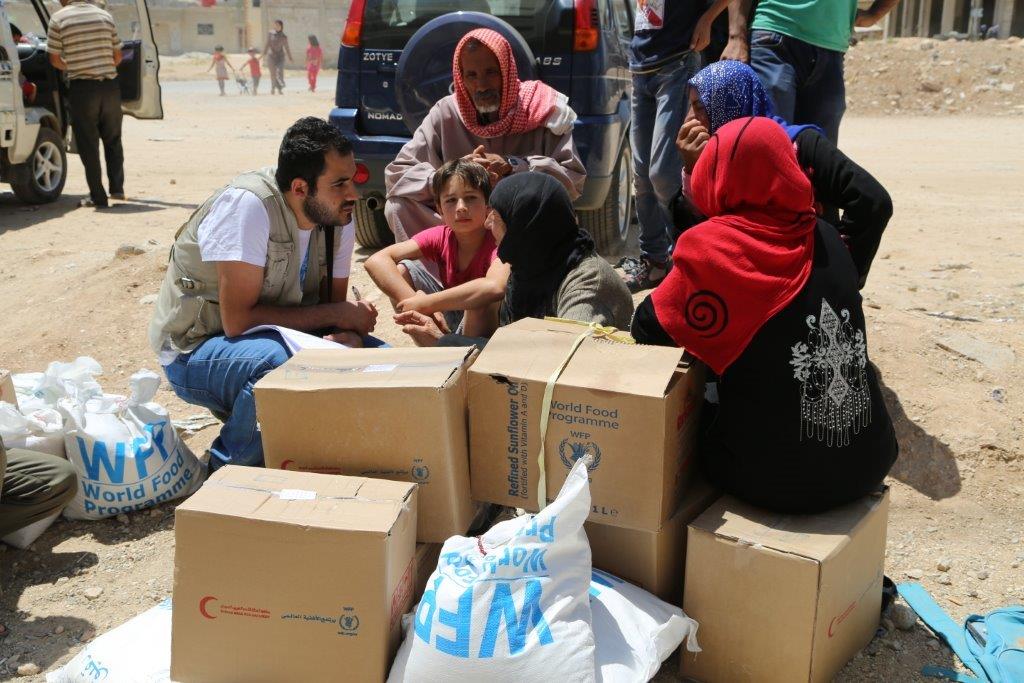Three months after a catastrophic earthquake struck Turkey and Syria, the living conditions remain dire in Syria rebel-held northwest according to aid officials who visited the region. The earthquake, which occurred on 6th February, claimed the lives of over 50,000 people, including more than 6,000 in Syria, as reported by the United Nations, and displaced hundreds of thousands more.
Why have living conditions remain dire in Syria?
Idlib, Syria’s northwestern province, houses around 4 million individuals, many of whom were previously displaced during the nation’s 12-year civil conflict, which has resulted in nearly half a million casualties. David Carden, the UN’s Deputy Regional Humanitarian Coordinator for the Syria crisis, stated that since the earthquake, approximately 2,000 lorries have entered from Turkey, offering aid such as shelter, food, medical supplies, and other services.
Lack of funding
Carden acknowledged progress since the initial aftermath of the earthquake but emphasised that more work is needed, citing funding as one of the primary concerns. Despite a fully-funded flash appeal that raised $400 million, the pre-existing humanitarian response plan for Syria, which necessitates billions of dollars in support, is only 7% funded. Carden called for the continuation of the two border crossings between Turkey and Syria, opened for three months following the earthquake to permit aid deliveries.
He expressed a desire to “keep using these crossings as long as possible.” The three-month timeframe expires in mid-May, and it remains uncertain whether the Syrian government will allow future aid deliveries. The February earthquake resulted in over 4,500 fatalities in northwestern Syria, with approximately 855,000 people having their homes damaged or destroyed, according to Carden.
Patrick Mutai, a shelter coordinator at the UN refugee agency, revealed that prior to the earthquake, roughly 2 million individuals in Syria required assistance, including 1.8 million people residing in camps. Among these, around 800,000 live in tents that need replacement. Mutai stated that the earthquake has exposed the population to increased vulnerabilities, with 1.1 million Syrians now in need of shelter. Immediate plans involve assisting the most severely affected with “dignified shelters” that offer better privacy, security, and structural stability.
Idris Elrasheed, who leads northwestern Syria operations from the World Health Organization’s office in Gaziantep, southern Turkey, announced that more medical equipment would be transported to Syria. This move would reduce the need to transfer critically ill patients to Turkey for treatment via obstructed roads and across a border that has been closed since the earthquake. The Swiss Secretariat for Migration has also decided to discontinue priority treatment for Turkish and Syrian nationals applying for a Switzerland Schengen visa due to a steady decrease in the number of applications in recent weeks.
Image Credit: WFP



















